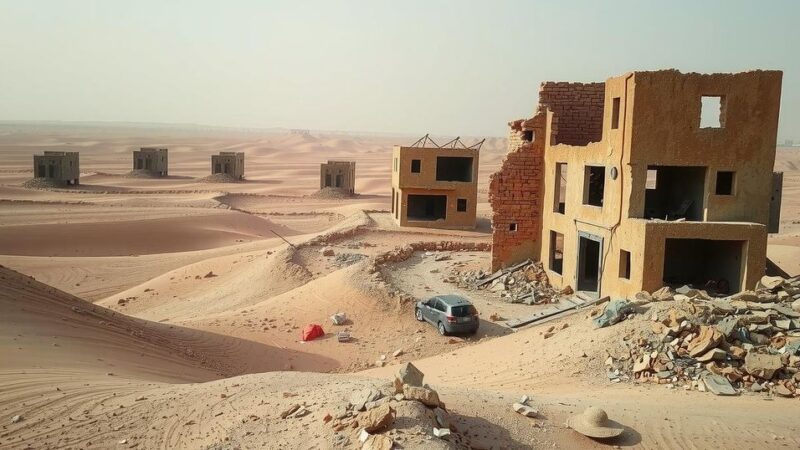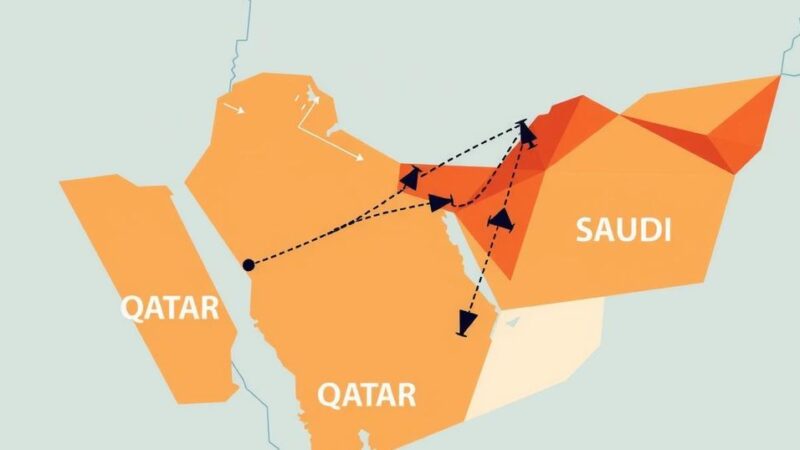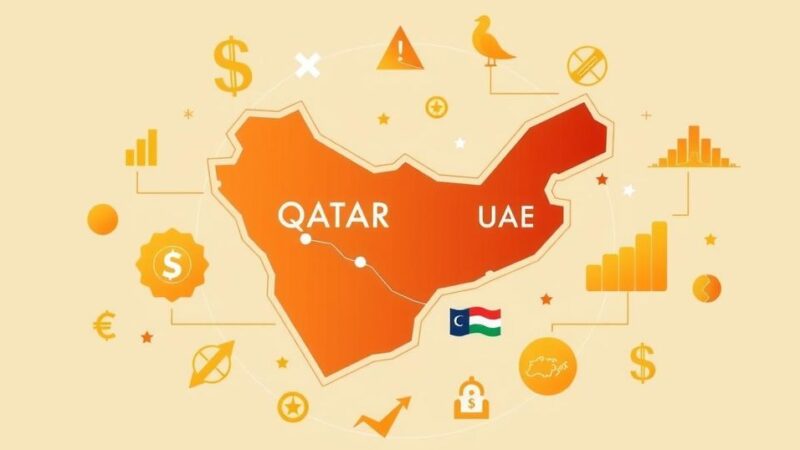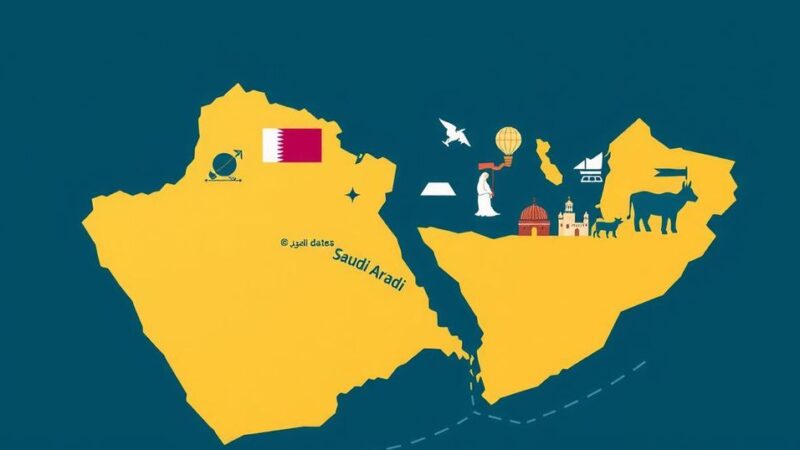Al-Shabaab in Somalia demonstrates signs of resurgence with territorial gains and an assassination attempt on President Mohamud. The government faces reduced international support and internal challenges, raising concerns over military effectiveness. Analysts highlight political distractions contributing to this precarious situation, indicating a stalemate rather than imminent threats.
The Al-Shabaab jihadist militia in Somalia appears to be strengthening following recent territorial gains, including an attempted assassination of President Hassan Sheikh Mohamud. Initially on the defensive in 2022 and 2023 due to military efforts from the government and international allies, the group has managed to regain control in crucial areas, particularly in Middle and Lower Shabelle, near the capital, Mogadishu.
Recent developments indicate a troubling trend, with significant attacks, including a bomb that nearly struck the president’s convoy on March 18. On March 22, reports confirmed that Al-Shabaab had taken control of a town in Middle Shabelle, coinciding with President Mohamud’s visit to counteract the militants. Local resident Abdulkadi Hassan reported, “There were explosions and heavy gunfire this morning… Al-Shabaab are now in control.”
Analyst Matt Bryden remarked that this shift underscores a pattern of government retreat. He indicated that vital infrastructure was lost, including several bridges crucial for military logistics. He noted, “We see the evidence of an army in disarray and in retreat,” suggesting that the government is struggling and relying on clan militias and local forces to bolster its efforts.
Despite the pressing threats, President Mohamud remains resolute, asserting, “The war will not stop, we are not coming back from where we are now, and we will attain the victory we are seeking.” However, the government is contending with diminishing international support, particularly from the United States and the African Union, which could jeopardize its military effectiveness.
Analysts imply that the tension arises from the government’s distraction with political matters, as it attempts to introduce significant electoral changes. Omar Mahmood from the International Crisis Group noted, “The country is not united right now… Shabaab probably saw this as an opportune time to strike… I see it as closer to a stalemate than anything else,” suggesting Al-Shabaab’s positioning is more opportunistic than an outright threat to Mogadishu.
In summary, Al-Shabaab’s resurgence in Somalia indicates a precarious situation for the government, marked by territorial losses and an assassination attempt on President Mohamud. While foreign support wanes, the government remains defiant in its military strategy, though analysts suggest the ongoing political focus may inadvertently aid the militants. Overall, Somalia’s conflict continues to reveal complexities as both sides navigate the evolving landscape.
Original Source: www.france24.com






